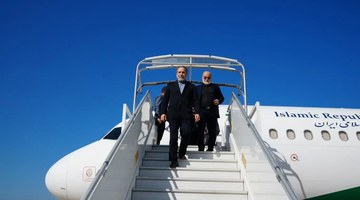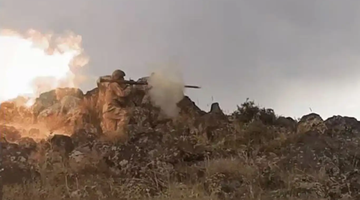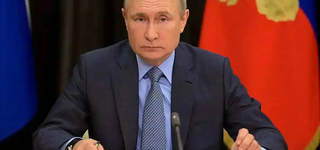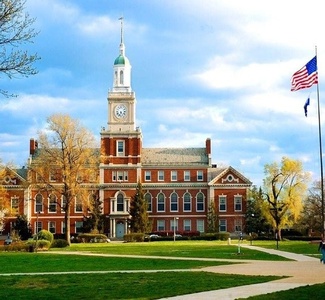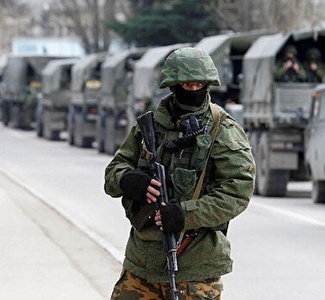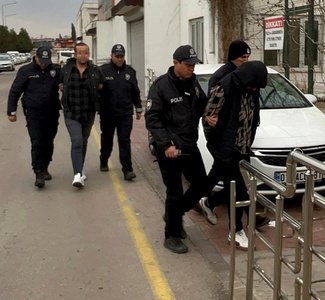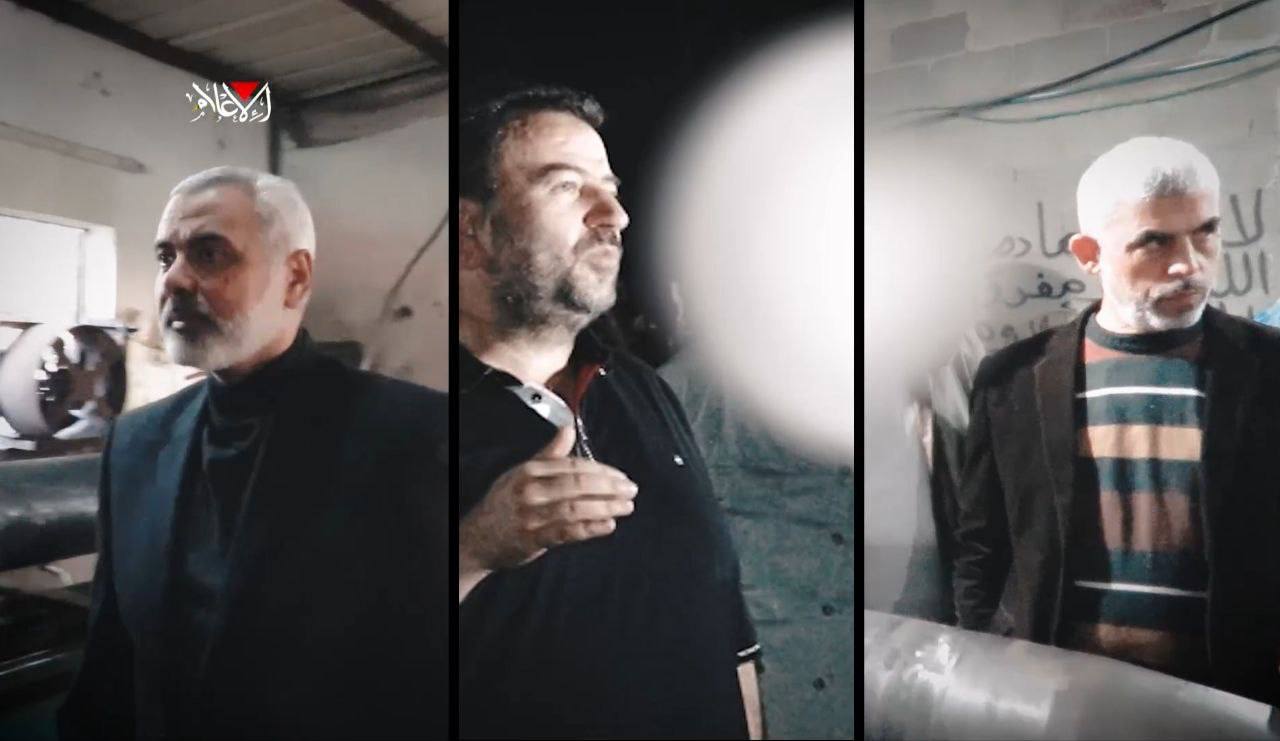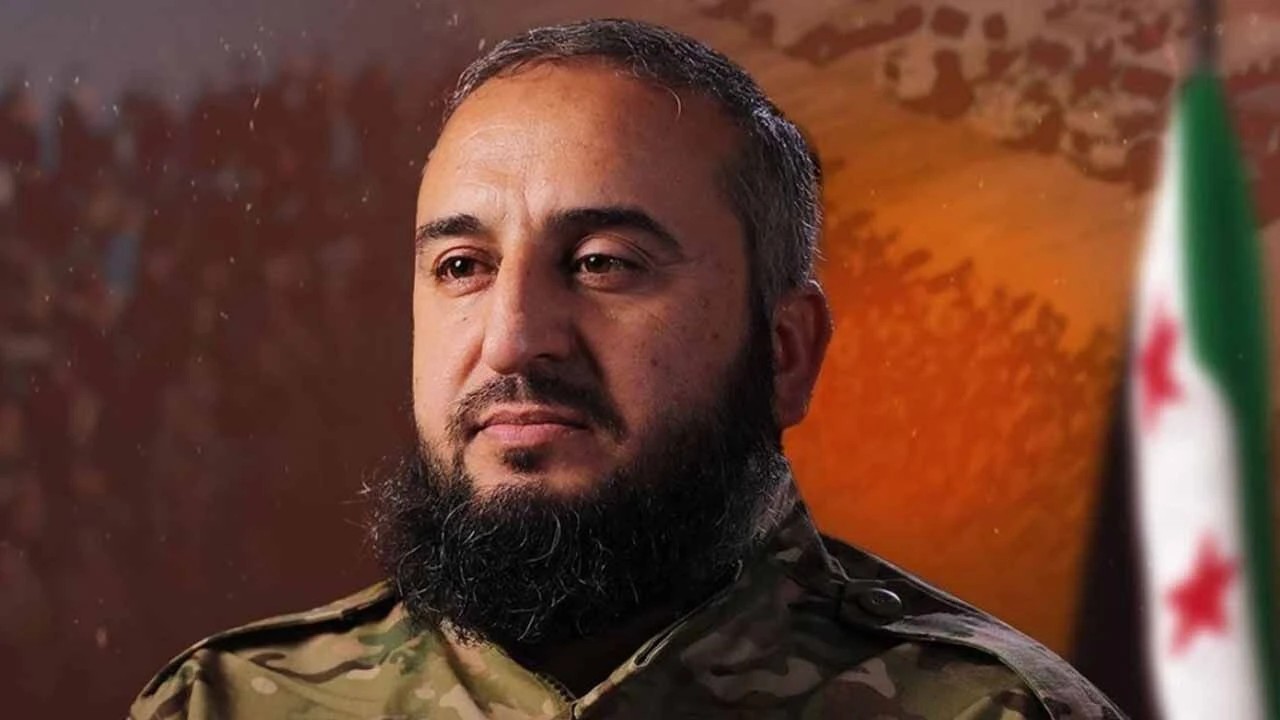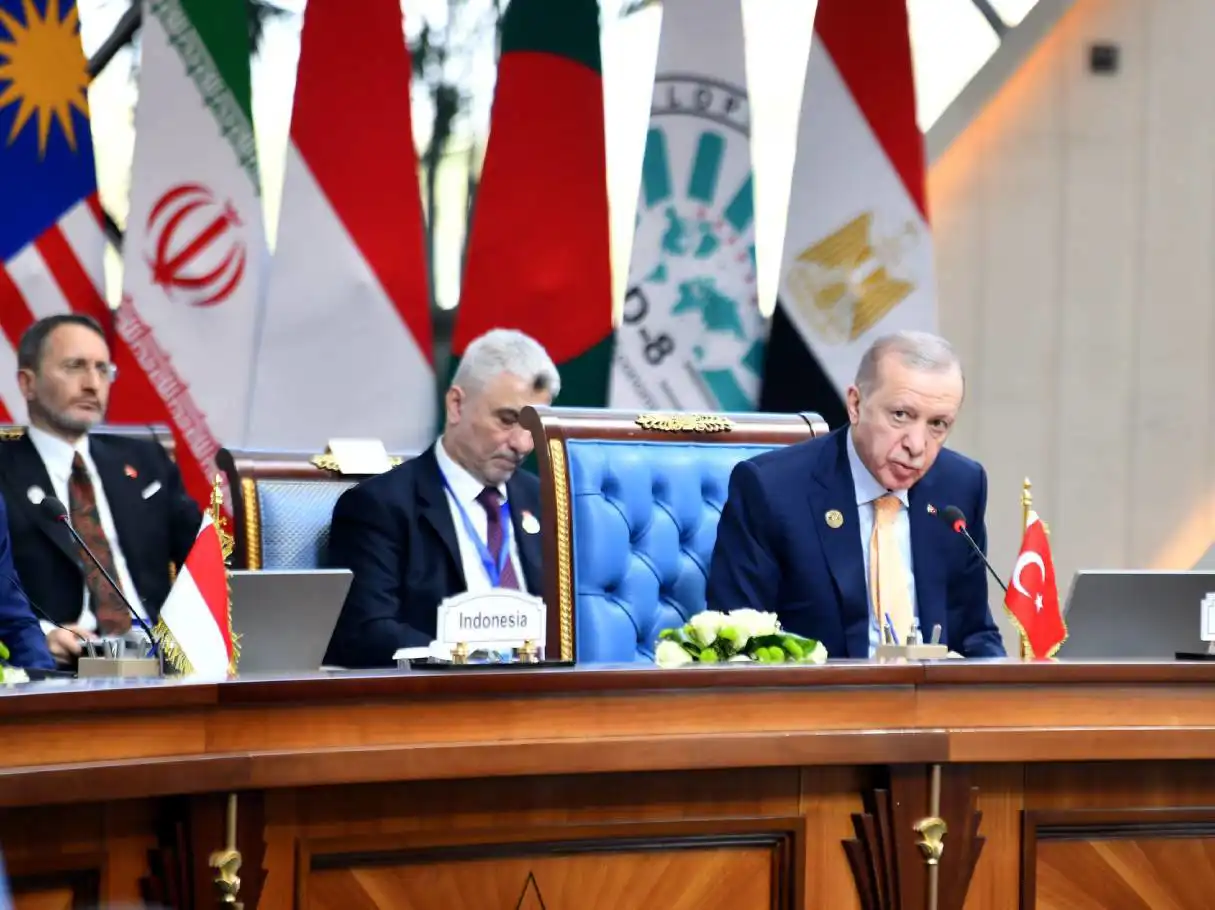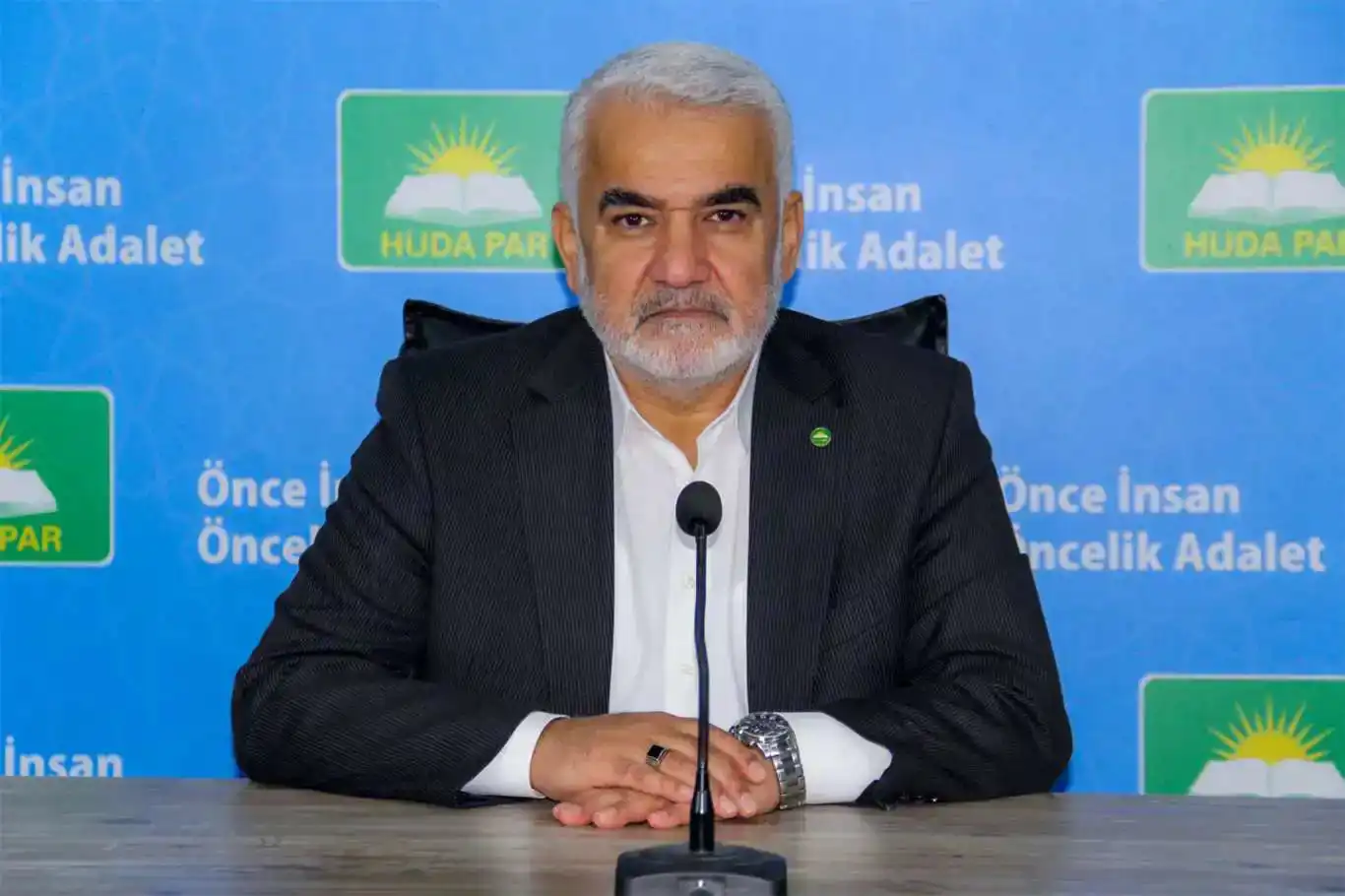Iranian leader reaffirms commitment to Palestinian cause in Friday sermon
Ayatollah Seyyed Ali Khamenei, the Leader of the Islamic Revolution of Iran, praised the Iranian Armed Forces for their "legitimate missile attack" on Israeli military targets.
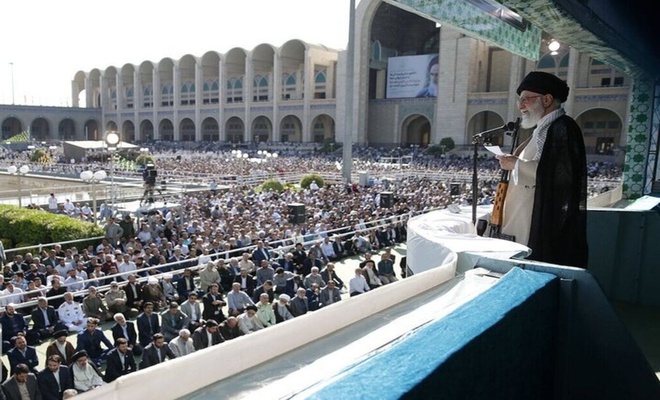
 Google News'te Doğruhaber'e abone olun.
Google News'te Doğruhaber'e abone olun. Khamenei emphasized that the attack was a justifiable response to Israel's actions, framing it as part of Iran’s broader duty to support the oppressed. He assured that Iran neither hurries nor delays in fulfilling its responsibilities, underlining a measured but resolute approach in dealing with the region’s ongoing conflicts.
Khamenei's sermon delivered several key messages, the foremost being a call for unity among Muslims worldwide. Drawing from the Quran, the Ayatollah stated that if the Muslim community stands united, they possess the collective strength to overcome their enemies. He identified the adversaries of nations like Iran, Iraq, Lebanon, and Egypt as one and the same, stressing that division only serves the enemies of Islam.
The sermon also addressed the ongoing conflict between Israel and Palestine. Ayatollah Khamenei described the Al-Aqsa Storm operation, a major military action launched by Palestinians, as a "legal and international move," asserting that the Palestinians were justified in their efforts. He reaffirmed Iran’s continued support for Palestine and condemned the Israeli state, which he described as the primary source of war and insecurity in the region.
A significant portion of Khamenei’s speech was dedicated to Sayyed Hassan Nasrallah, the leader of Hezbollah. Khamenei hailed Nasrallah as a "shining jewel of Lebanon" and "the beloved face of the Islamic world." In an emotional tribute, Khamenei spoke of Nasrallah’s influence, not only in Lebanon but across the Arab world, Iran, and beyond. His martyrdom, Khamenei said, would only increase his legacy of resistance and determination against oppression.
The Ayatollah also connected Nasrallah's martyrdom to the deep cultural and religious significance of mourning in the context of Islamic history, comparing it to the mourning of Imam Hussein, a revered figure in Shia Islam. Khamenei argued that this mourning is not an expression of despair but rather an inspiring call to action, symbolizing hope and the continuation of the resistance.
Khamenei's speech resonated with the larger Islamic community, particularly the people of Lebanon and Palestine, who were singled out as special audiences. He concluded with a condemnation of the Zionist regime, calling it the root cause of conflict, backwardness, and instability in the Middle East.
The gathering in Tehran, which began early in the morning at the Grand Mosalla Mosque, was part of a broader commemoration ceremony for Sayyed Hassan Nasrallah and IRGC General Abbas Nilforooshan, further cementing their legacies as figures of resistance in the face of foreign aggression.
This sermon underscores Iran’s unwavering position on Israel and its commitment to the Palestinian cause, while continuing to promote regional solidarity among Muslim-majority nations. As tensions escalate in the Middle East, Khamenei’s address serves as a reminder of Iran’s active involvement in the region's political and military landscape. (ILKHA)




























